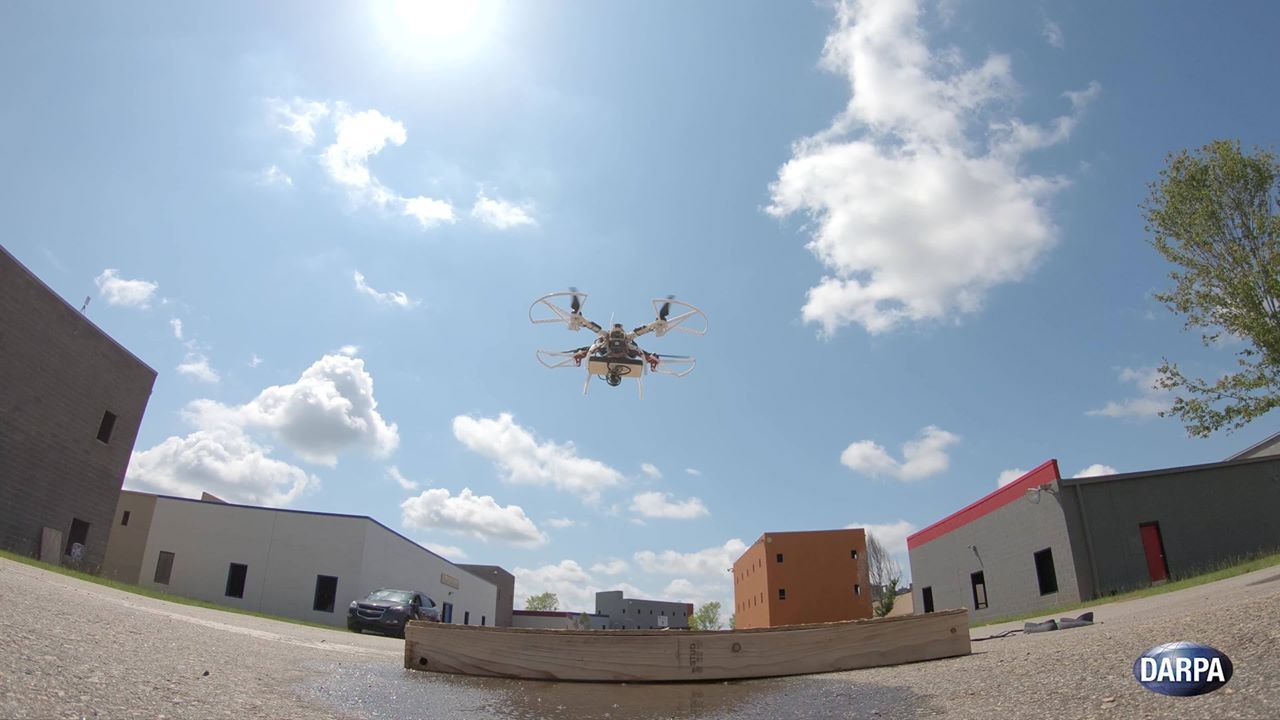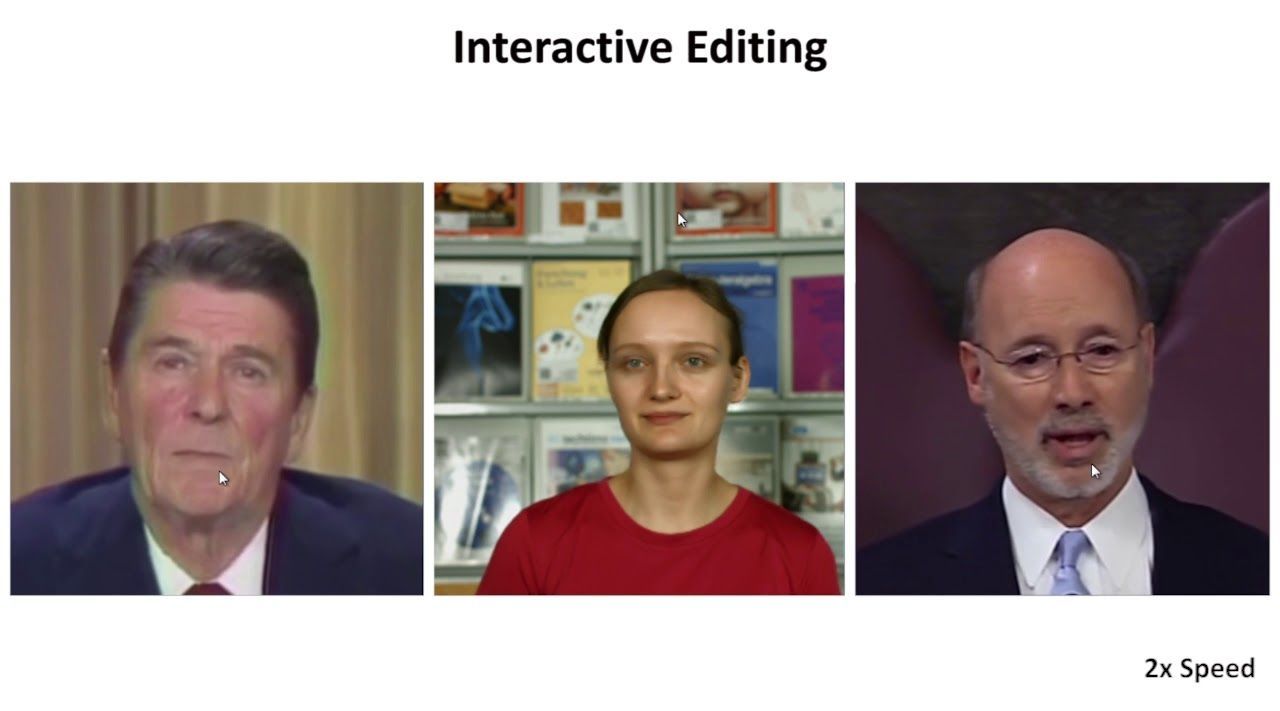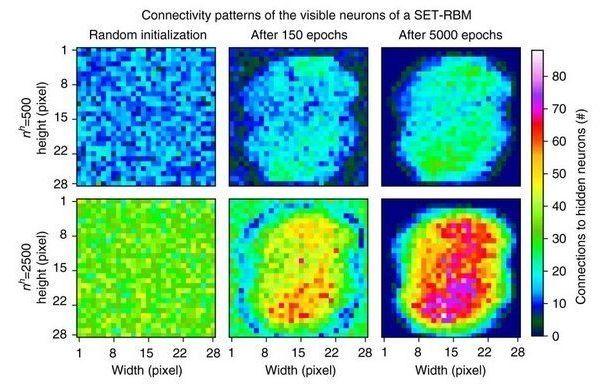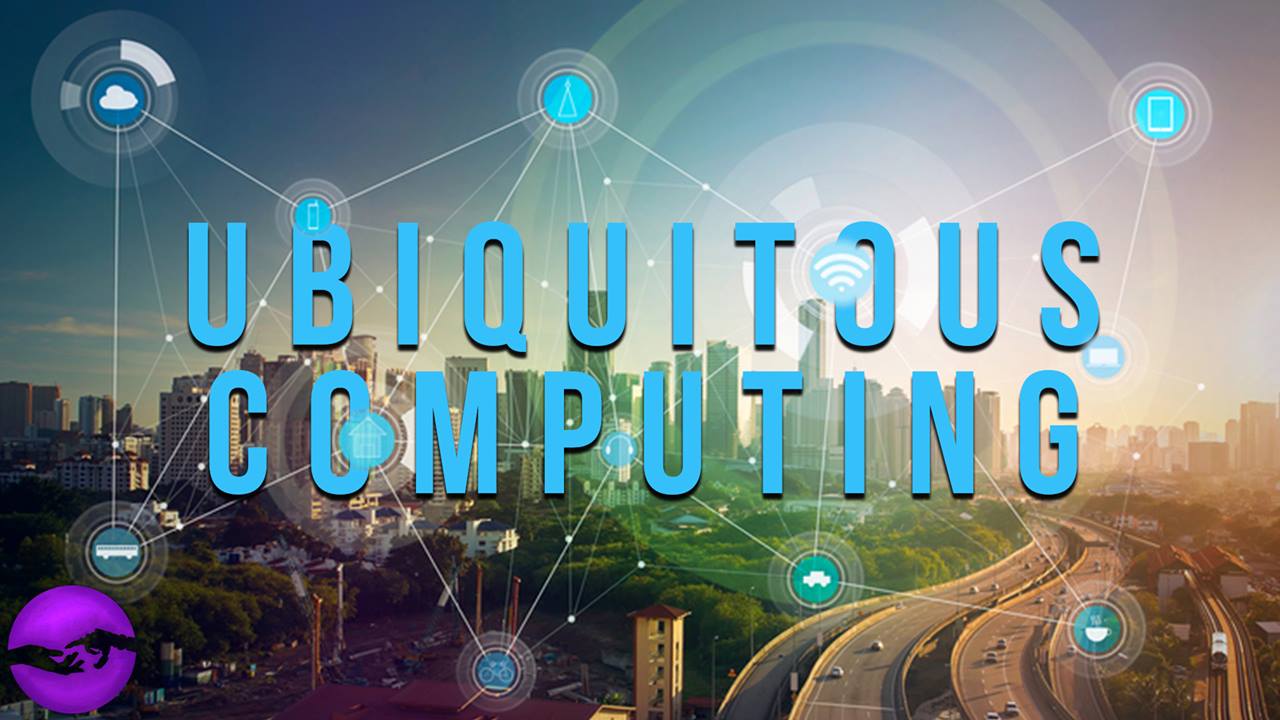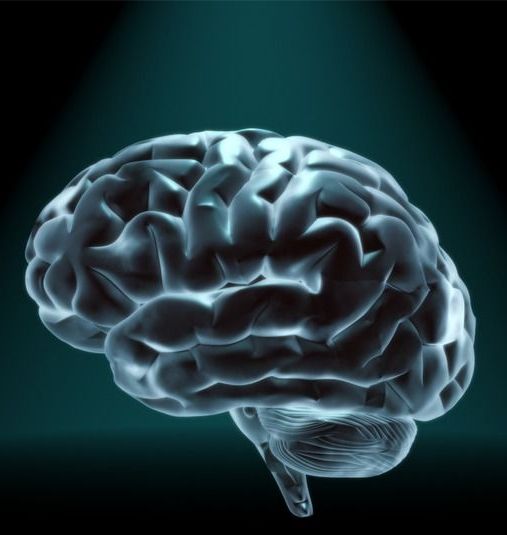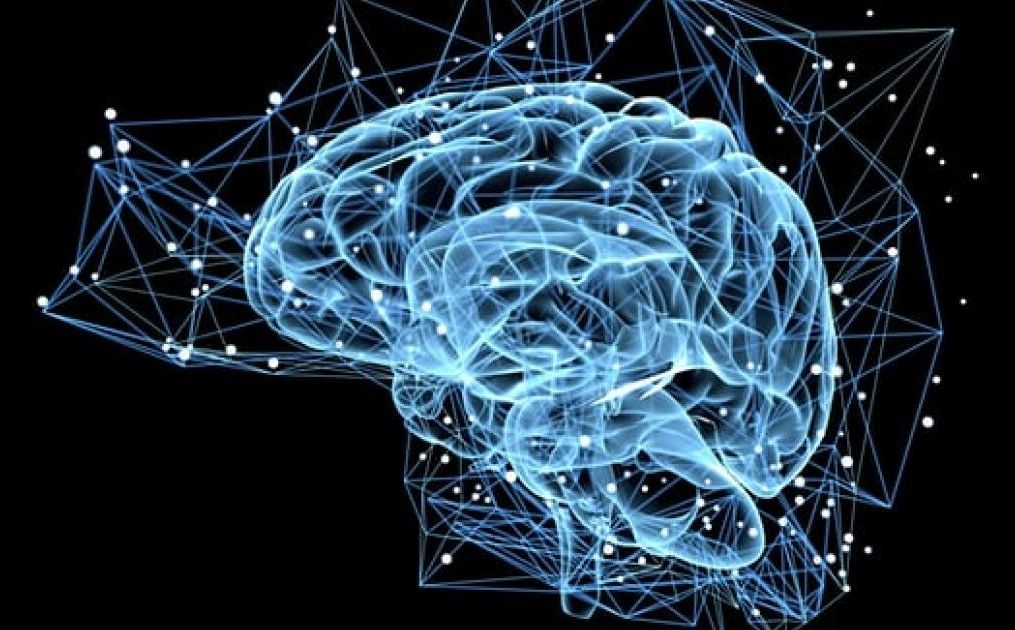
Scientists at the California Institute of Technology can now assess a person’s intelligence in moments with nothing more than a brain scan and an AI algorithm, university officials announced this summer.
Caltech researchers led by Ralph Adolphs, PhD, a professor of psychology, neuroscience and biology and chair of the Caltech Brain Imaging Center, said in a recent study that they, alongside colleagues at Cedars-Sinai Medical Center and the University of Salerno, were successfully able to predict IQ in hundreds of patients from fMRI scans of resting-state brain activity. The work is pending publication in the journal Philosophical Transactions of the Royal Society.
Adolphs and his team collected data from nearly 900 men and women for their research, all of whom were part of the National Institutes of Health (NIH)-driven Human Connectome Project. The researchers trained their machine learning algorithm on the complexities of the human brain by feeding the brain scans and intelligence scores of these hundreds of patients into the algorithm—something that took very little effort on the patients’ end.
Continue reading “Caltech’s new machine learning algorithm predicts IQ from fMRI” »
